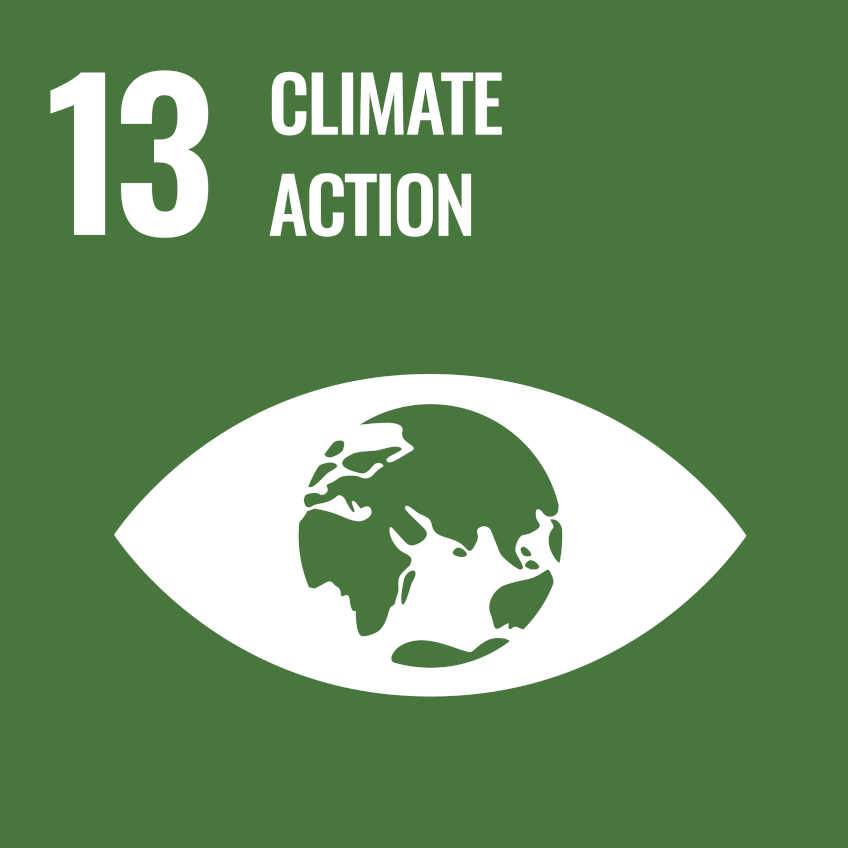Climate Education
Climate Education
Introduction
Scientists concur that climate change is humanity's paramount threat, mainly due to excessive natural resource consumption. Its effects, including species extinction, rising sea levels, extreme weather, and dangerously high temperatures, are already observable. The potential consequences for life and global civilization are catastrophic.
As students and young leaders, we recognize the urgent need to unite and act upon the scientific consensus. The World Youth Group acknowledges the centrality of Sustainable Development Goal 13 (SDG 13) to its mission and reaffirms its commitment to advancing targeted UN action on climate change.
To achieve this, we propose a UN resolution to implement a standardized, global educational curriculum named 'Climate Education.' This program will empower youth with the understanding, knowledge, and skills to mitigate this global crisis. Climate Education is a sensible approach to educating our youth on the importance of preserving and sustaining our planet. It will also emphasize how individuals, even young children, can contribute to mitigating climate change, such as reducing plastic usage or limiting cellphone usage to save electricity and reduce natural resource consumption.
Furthermore, it has come to our attention that our youth are increasingly burdened by fear and mental health issues related to the climate crisis. Therefore, through Climate Education, we aspire to eradicate this fear and provide our young learners with peace and hope. This program aims to instill in them the belief that together, we can protect and preserve our planet, fostering a tranquil mindset and an optimistic outlook."

